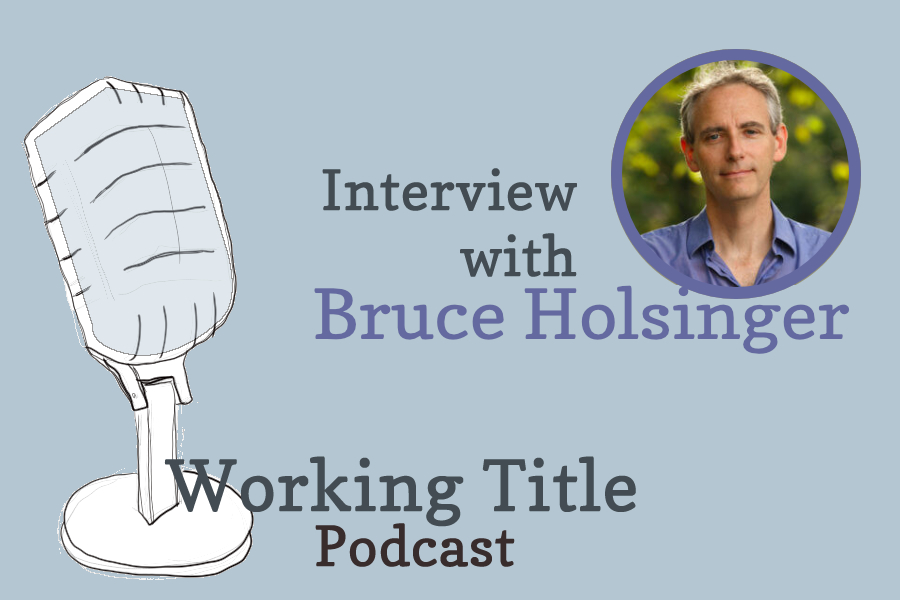Tag: conference
-

Interview with Author Bruce Holsinger
Finding the extraordinary story right in front of you. In episode 36 of Working Title podcast, I chat with author and scholar Bruce Holsinger. We discuss his latest novel, The Gifted School, and all things research. How the idea for his previous novel sprang from his reviewing centuries-old inventory documents, where you can find allies…
-
On Memorable Characters Panel
At the 2015 James River Writers conference, I moderated the panel, “Creating Memorable Characters: Writing the Characters Readers Hold in their Hearts.” The illustrious panel included Stacy Hawkins Adams, author of Lead Me Home; Bruce Hollinger, author of The Invention of Fire; Amy Sue Nathan, author of The Good Neighbor; and Kristina Wright, author of Fairy…
-
First Pages 2012 Follow-up
Following the fabulous JRW 2012 Conference, I am revisiting my earlier post discussing making the most of your first page and adding more insights I have picked up. Dreams, Flashbacks and Backstory Don’t do it. Do not begin your story with a dream. It’s cliche, and more importantly, as someone had noted in a prior…
-
First Pages 2012
I had the honor of participating in this year’s First Pages, a popular and especially fun part of the James River Writers Conference (held this year Oct. 19-21 — come join us!). Here’s how First Pages works: Brave authors submit their novel’s first page for consideration. At the conference, a dramatic reading of the selected…